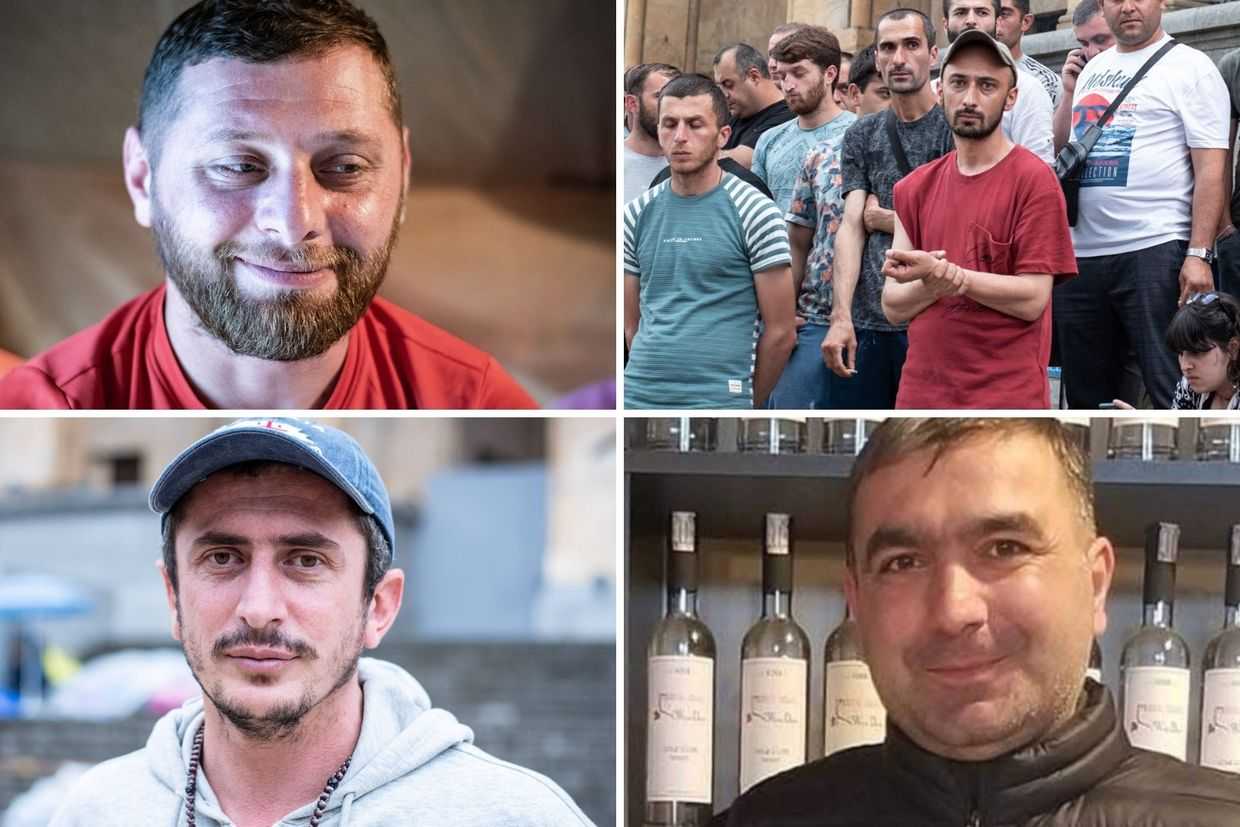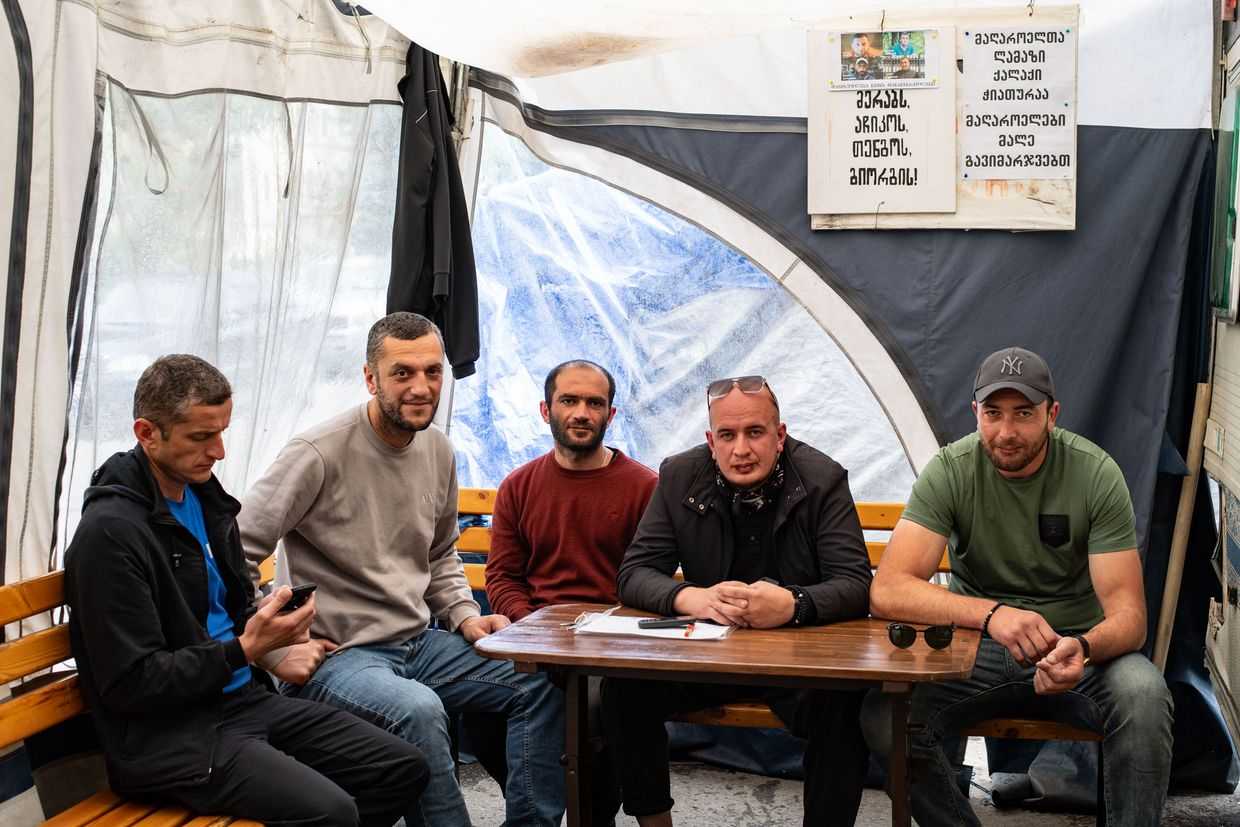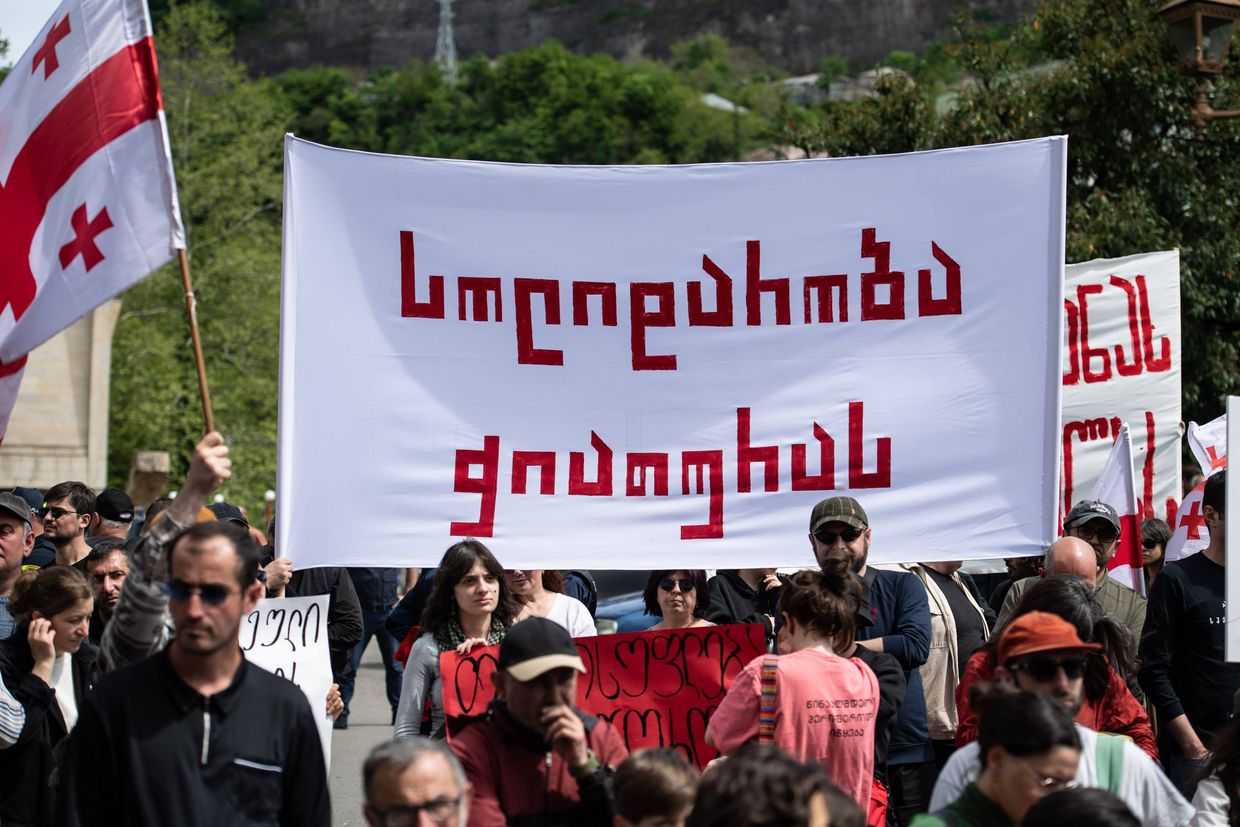Human Rights Watch calls on Georgia’s government to end dangerous mining practices

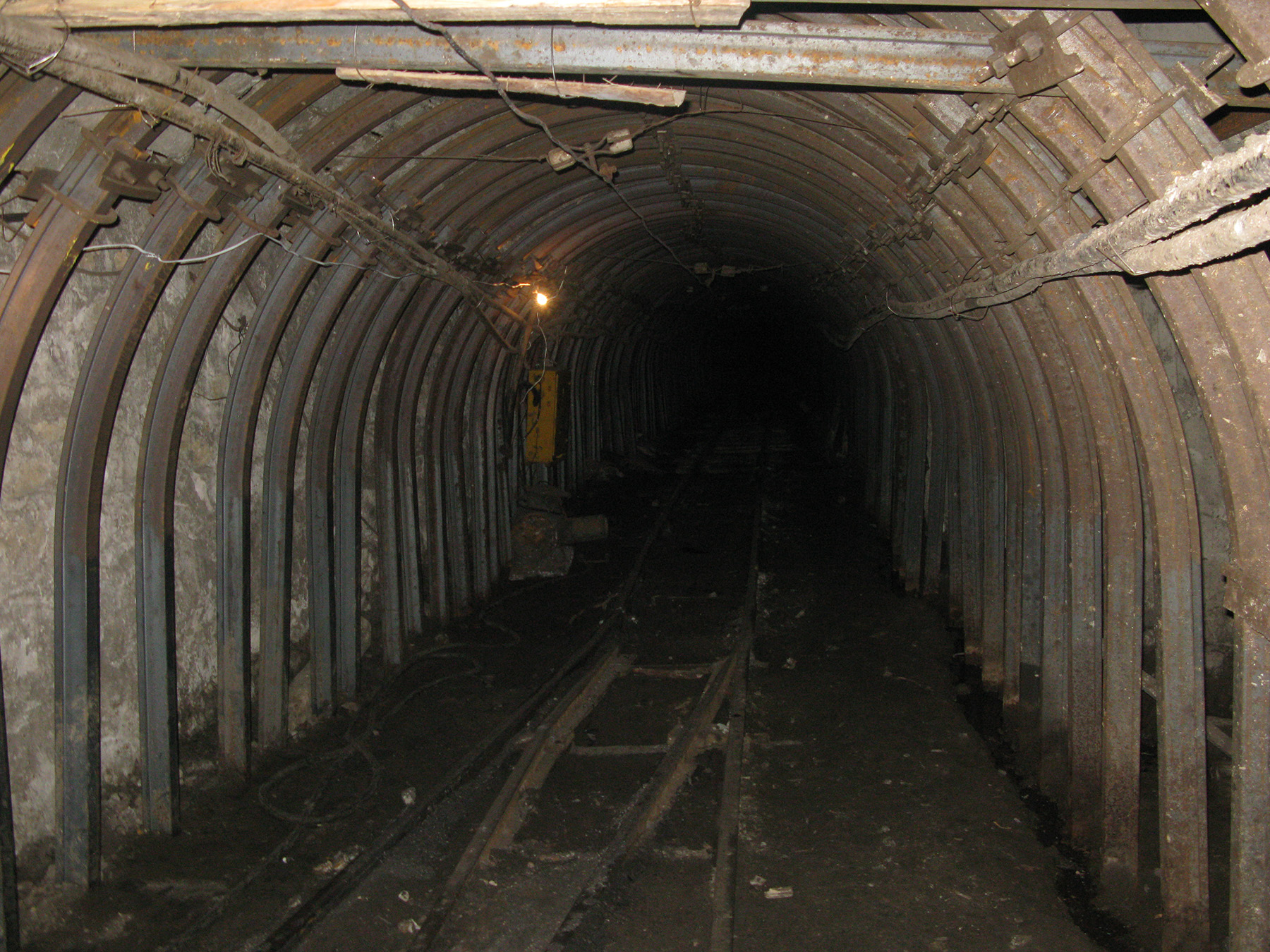
International rights group Human Rights Watch (HRW) has called on the Georgian Government to improve safety conditions for miners, slamming the country’s deregulation of labour safety.
The group urged the government to ratify and implement the International Labour Organisation conventions on occupational health and safety, health in mines, and hours of work in industry.
The recommendations came as part of a lengthy report published on 22 August titled: ‘No Year without Deaths’. The report examined workplace safety and labour rights in Georgia’s mines, where poor labour safety measures lead to preventable workplace deaths every year.
It explored the consequences of a decade of deregulation initiated by former president Mikheil Saakashvili, who abolished labour inspections in 2006 with the aim of attracting investment.
Despite the government’s reintroduction of safety inspections in 2013, the legislation has failed to adequately protect workers’ rights, it said. HRW identified problems with mines in Tkibuli and Chiatura, such as pressure being applied on workers from the management, docking salaries for unreached quotas, poor safety supervision, and more.
Deregulation and its economic consequences
‘In 2006, the Georgian government drastically reduced worker protections in the Labour Code and abolished the Labour Inspectorate. The new Labour Code removed provisions on weekly rest, limits on overtime hours, rate of overtime pay, and breaks during shifts. The new code introduced the possibility of oral, rather than written, contracts and made it possible to dismiss workers without notice and for any reason’, the report said.
Among the stated aims of the 2006 reform were simplifying worker dismissal and deregulating working hours and weekly rest. Georgia was consequently named a ‘top reformer’ by the World Bank’s Ease of Doing Business index, jumping 75 places from 112th to 37th overall and becoming the ‘sixth easiest place to employ workers’ among the 175 countries reviewed.
As a result, the Georgian economy began to increase ‘robustly at an average annual rate of 4.5 per cent’, however the ‘results of economic growth did not reach a significant part of the Georgian population and failed to have an impact on reducing unemployment and poverty levels’, as was recognised by the Georgian Government in 2014.

Since the introduction of the 2006 reforms, according to the report, the official unemployment rate actually rose from around 14% to around 21% in 2012.
At the same time, the percentage of Georgians living below the national poverty line fell, however mining municipalities remained ‘poor’ or ‘very poor’ in 2018.
‘While in the municipality of Tkibuli, where the coal mine is, the direct poverty rate, which measures poverty in terms of consumption, is 26%, in Chiatura, where the manganese mine is a main employer, the direct poverty rate is a striking 50%, among the highest in Georgia’, the HRW report said.
Inside Coal and Manganese Mines
‘Workers had their nails ripped off, suffered deep cuts, broke their hands, legs, or ribs, were buried under rocks as roofs collapsed, lost limbs, suffered concussions, and experienced the trauma of the loss of colleagues or family members in workplace accidents’, said the report, which relied on interviews with more than 80 coal and manganese miners and their families in Tkibuli and Chiatura.
Georgia has one of the world’s richest manganese deposits and largest manganese mining areas in the foothills of the Caucasus Mountains, according to the World Bank. Underground manganese mining is usually done by drilling and blasting an area, which causes manganese to fall. Following each blast, the space is ventilated, workers load the ore, and wooden reinforcements are installed before the process is repeated.
‘Everyone knew, the production manager included, that the machine was damaged, but I was told to work. We were in a rush, in a hurry. So that they wouldn’t lose any working hours, they insisted I use the broken machine… They don’t care what you do, you must meet the quota’, 51-year-old Zaza, a miner from Chiatura who lost a limb in a work-related accident, told HRW.
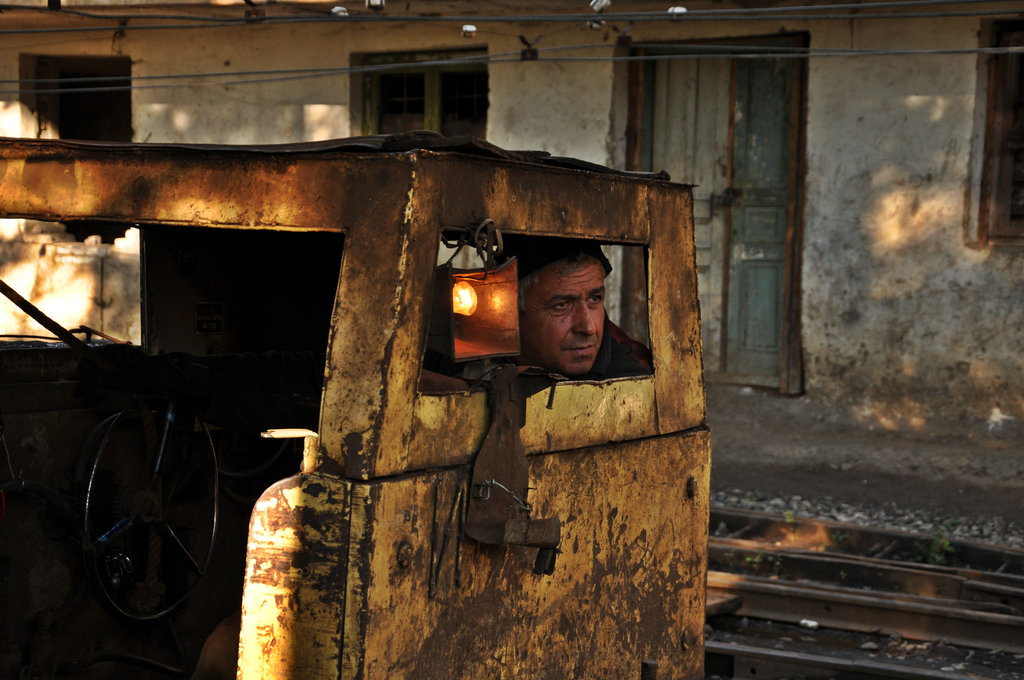
He blamed the accident, which happened in July 2014, on the pressure imposed by his employers to meet their mining targets.
According to HRW, he had noticed the drilling machine he was using was defective and alerted his supervisor, but was told to continue working. Waiting for maintenance services to fix the machine would have required several hours’ break, but the supervisor did not want to interrupt the work, Zaza said. While he was changing the spiral drill bit, another miner accidentally pressed the button to turn the machine on. Zaza’s hand was on the bit, which began moving at 310 rounds per minute. He lost his hand.
‘The company paid for medical expenses and, at the request of a union, provided an artificial limb. The company also offered another position to the worker after the accident, at lower pay, which he accepted’, HRW wrote. According to them, he had been working for Georgian Manganese for 33 years.
Meeting the quota
Another worker to be injured in Georgia’s mines quoted by HRW was 50-year-old Malkhaz, a loading driver at Georgian Manganese.
He was injured in a roof collapse two years ago because, he said, he was working ‘under big pressure to make the quota’ and stopped ‘paying attention to warning signs’, like the creaking or curving of wooden support structures.
‘A part of the roof collapsed on me… I was in a rush, in a hurry and couldn’t pay attention. My boss said that I needed to meet my quota. He said it just before it happened’, Malkhaz told HRW.
On days when workers fall behind the quota, workers told HRW watch, they were often asked by shift supervisors to go back inside the mines and continue extracting before the smoke of the detonation clears.
According to Paata, a 28-year-old father of two who works in the new system, ‘often, local supervisors would violate safety rules to meet quotas. For example, it usually takes 30–40 minutes for the air to clear after an explosion, but [we] are asked to come back in after 10–15 minutes’.
Several manganese miners who complained to their employers regarding safety risks said they were told that if they did not like their jobs, they could leave.
In 2016, Georgian Manganese introduced a new system of mining which included working 12-hour shifts over 15 consecutive days, followed by two weeks off. Every other month, workers work the same schedule at night and are paid roughly ₾100 ($37) more per month, according to the HRW report.
[Read more about Chiatura miners and them going on strike on OC Media: Speaking up through sewn lips: a wildcat strike in Chiatura]
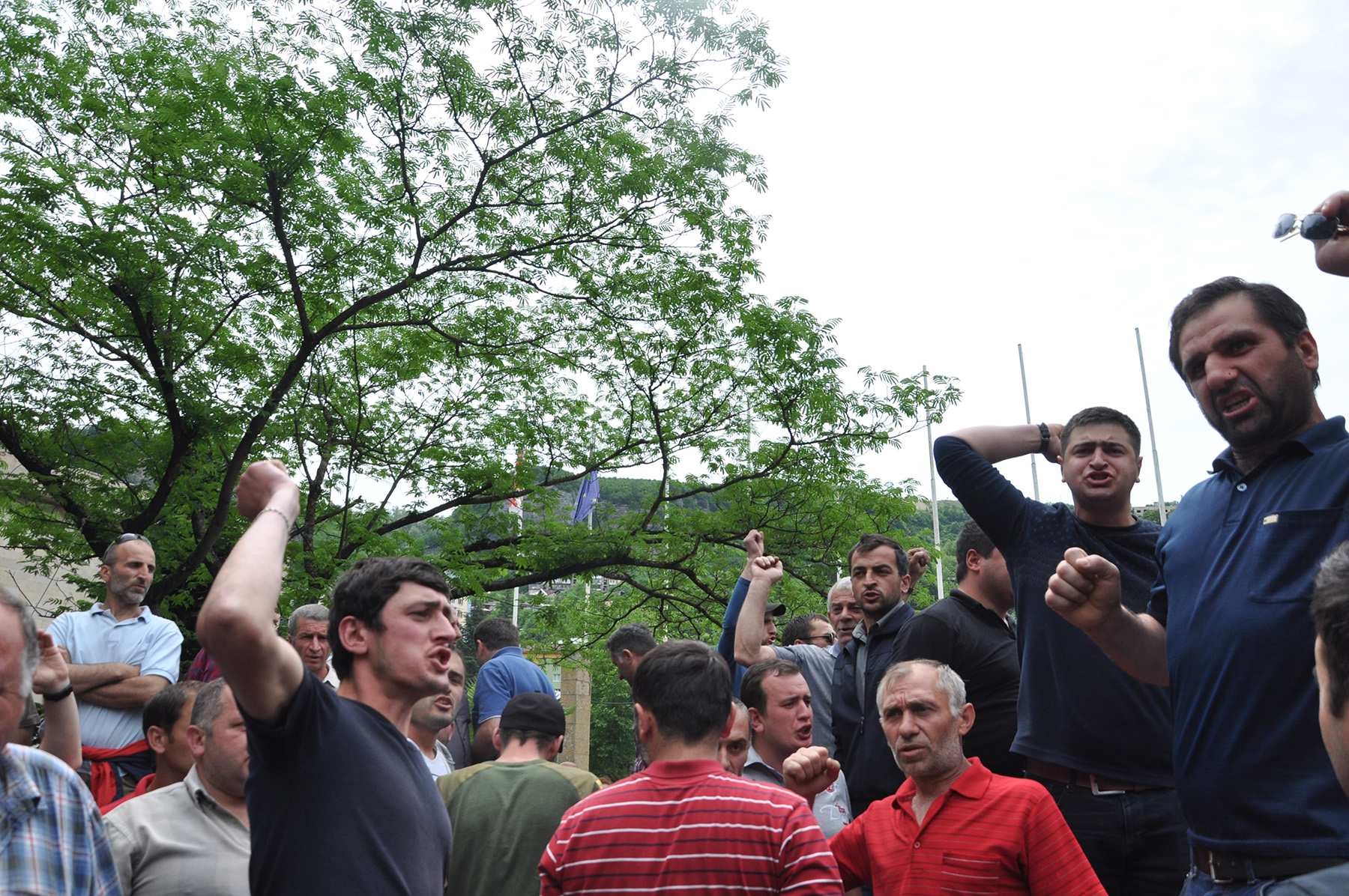
‘I was fixing an electric chainsaw. Someone was sitting next to me and fell asleep and accidentally turned on the machine. I was cut, and my ribs were showing. I did not report it, because I didn’t want my colleague to get arrested’, 31-year-old Merab told HRW. He was working for his fourteenth consecutive night at the mine when he suffered a deep cut around his waist.
HRW spoke to 16 coal miners in Tkibuli who, like the miners in Chiatura, expressed concerns that company efforts to maximise production may have led to shortcuts on safety.
Nine extraction workers and shift supervisors told HRW they used a coal extraction method they said was inherently unsafe but rendered higher productivity. They also said that a compensation scheme based on performance, or the quantity of coal extracted, imposed production targets that could not be reached safely and encouraged forgoing time-consuming safety measures, such as reinforcing tunnel ceilings.
These nine workers said they had repeatedly raised safety concerns with their superiors about the failure to seal unused pits, failure to ensure the use of ropes to protect workers from falls, and defective equipment. The workers said, however, that none of these concerns were addressed.
In fact, three workers reported witnessing company employees concealing evidence of inappropriate work practices before an inspection.
‘Mining companies in Georgia should respect workers’ rights and the safety of their employees, and work with employees and their representatives to carry out reforms that will improve safety’, said HRW.
The organisation called on the Georgian government to move ahead with reforms to its labour laws to protect workers against long hours and other pressures that put them at risk.
‘The government should put in place a full-fledged, independent, and adequately staffed Labour Inspectorate with a mandate to inspect all working conditions in line with international standards’, said HRW.



